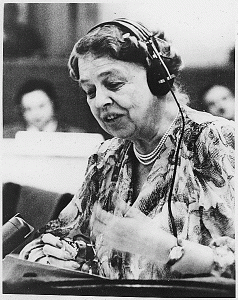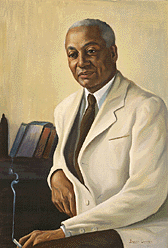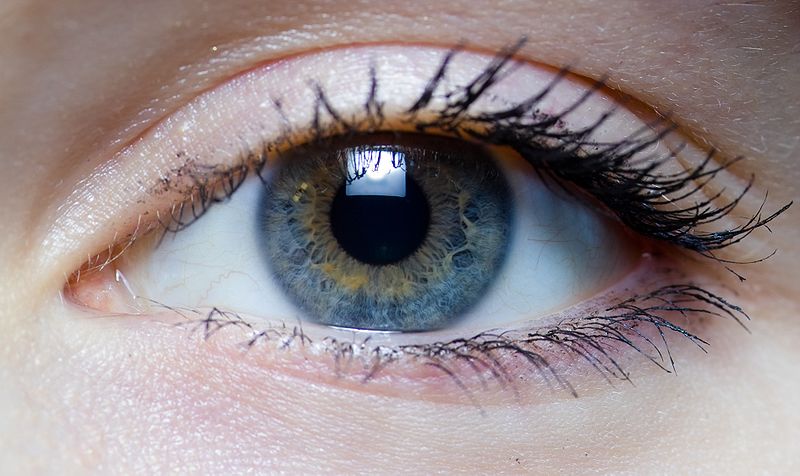Identity Crisis
Some countries obsess about ‘who we are’. The obsession becomes more intense, the more people with different coloured skins, different accents, diffent cultures become part of day to day life. In an age of migration “we” can become very confusing. Who can “we” be, if quite obviously “us” includes “them”.
This question is not just one of tribalism, although tribalism is at the roots of this anxiety. The world is constructed around the idea of “races”: every nation a state and every state a nation. Italians in Italy, Germans in Germany, Poles in Poland. The theory was simple: better simplistic – and it never worked well. At its worst it fed conflict in the world. Adolf Hitler used the idea as justification to invade Czechoslovakia and Poland – to “reintegrate” German speaking populations into Germany. Too bad about the non-Germans. When Yugoslavia dissolved into ethnic cleansing at the end of the 20th century, the same flawed idea was at work.
In the world that had been colonized, the colonial lines were drawn not with ‘nationality’ in mind, but rather imperial preference – leaving countries organised for “nations”, which had no existence. Too bad for the people left to sort out a theory that could never work.
The model was always wrong and it has been responsible for enormous human suffering.
It can still be a tool of alienation, of foreignness. You are not a “real” citizen, because frankly you should not be wearing that on your head. Worse, your skin is just the wrong colour and you speak funny. Of course such views assume that to be a good citizen you have to look a particular way, speak a particular way and dress a particular way. It is a pretty silly idea of what “good citizenship” might involve.
By the way, the idea of “nation-state” is a relatively recent fad. It didn’t really come into vogue until 200 years ago. No reason to expect it to have a long currency, since it doesn’t answer the needs of a globalized world.
Isn’t it time that we left these childish ideas behind? Surely its obvious who we are: we are human beings. There was always an “us”, the idea of “them” however has never been a bigger mistake.







